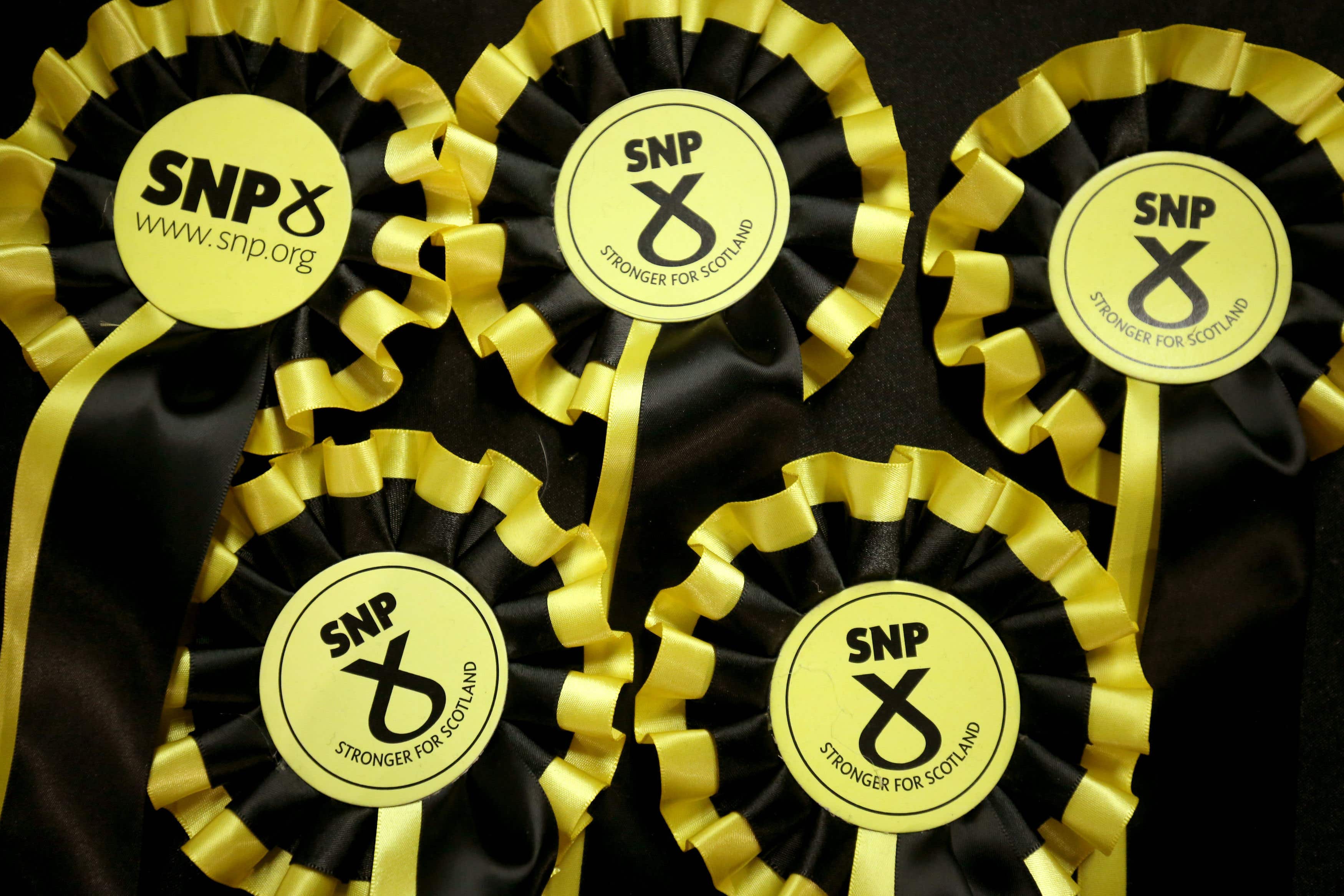SNP leadership race could be ‘reset moment’ for party, says Curtice
Humza Yousaf announced on Monday he would step down.

Your support helps us to tell the story
From reproductive rights to climate change to Big Tech, The Independent is on the ground when the story is developing. Whether it's investigating the financials of Elon Musk's pro-Trump PAC or producing our latest documentary, 'The A Word', which shines a light on the American women fighting for reproductive rights, we know how important it is to parse out the facts from the messaging.
At such a critical moment in US history, we need reporters on the ground. Your donation allows us to keep sending journalists to speak to both sides of the story.
The Independent is trusted by Americans across the entire political spectrum. And unlike many other quality news outlets, we choose not to lock Americans out of our reporting and analysis with paywalls. We believe quality journalism should be available to everyone, paid for by those who can afford it.
Your support makes all the difference.The race to be the new leader of the SNP could provide the party with a “reset moment” to stymie the momentum of Labour north of the border, the UK’s premier polling expert has said.
Humza Yousaf announced this week he would stand down, with former deputy first minister John Swinney and former finance secretary and defeated leadership candidate Kate Forbes emerging as the early favourites for the job.
Mr Swinney announced he would run for the job on Thursday morning, but it remains unclear if Ms Forbes will put her name forward.
The new leader will take over at a time of turmoil for the SNP, with a number of polls showing a shrinking gap between the party and Labour at both Westminster and Holyrood elections.
But speaking to the PA news agency, Professor Sir John Curtice said the momentum was not irreversible.
“This is the reset moment,” he said. “What is now crucial is do the SNP get somebody in place who can unite the party, get an accommodation with the Greens and project the party and the cause of independence much more effectively than was the case for the last 12 months?
“I have some question marks about Swinney on the second criteria, but he certainly should be able to do it on the first.”
Sir John hinted that it would be important for the party to avoid a “divisive” contest which could result in a “weak leader”.
They have brought down a serious weak link for the SNP
“That’s what happened 12 months ago,” he said.
“To be frank, I think both Swinney and Forbes could do a better job than Yousaf, they’ve got their respective advantages and disadvantages.”
The Strathclyde University professor went on to say opposition politicians had “overplayed their hand” in bringing about the downfall of Humza Yousaf.
In the aftermath of the scrapping of the Bute House Agreement, Scottish Tory leader Douglas Ross tabled a motion of no confidence in the First Minister.
In their anger at how the agreement ended, the Greens planned to back the motion to oust Mr Yousaf, forcing him to seek a deal with the Alba Party which he eventually rejected.
“They have brought down a serious weak link for the SNP,” he said.
Problems, including the police investigation into the SNP’s finances and the party’s record in Government, “aren’t going to go away tomorrow, but that’s the reason you need a good, strong, effective leader and I suspect that either Swinney or Forbes will be in a better position that Yousaf to provide that”.
Turning to Labour, the polling expert said the main reason for the rise of Labour in Scotland was the same as it is in the rest of the UK – Boris Johnson and Partygate mixed with Liz Truss and her mini-budget.
It was not until after the resignation of Nicola Sturgeon, he said, that Labour were able to gain some pro-independence voters and the “most immediate” challenge for the new SNP leader is to try and win those voters back.